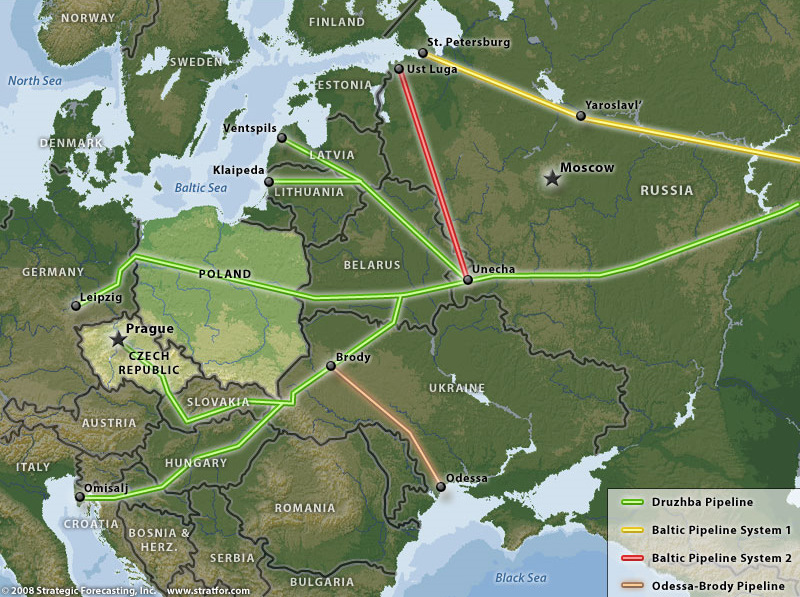Zelenskyy vows to block Russian oil to Hungary — Hungary’s MOL says it can already go 80% non-Russian

Ukraine’s President said halting Russian oil exports to Hungary is inevitable. Meanwhile, after Hungary had spent months insisting that Russian oil supplies were irreplaceable, Hungary's sole refiner now says it can receive 80% of crude from non-Russian sources.
Zelenskyy says Hungary will not receive Russian oil for long
Ukrainian President Volodymyr Zelenskyy said Ukraine will stop Russian oil from reaching Hungary, though it cannot happen immediately due to various dependencies. He spoke following a meeting of the Supreme Commander-in-Chief’s Staff on 7 November, Liga reported.
“We can’t allow Russians to keep making money on energy,” Zelenskyy said. “Even where they twist our arms through various contracts or obligations, we’ll still find a way to make sure Russian oil disappears from Europe. [...] We won’t let the Russians sell oil there. It’s a matter of time. We can’t do it today because there are many different dependencies in this puzzle, but we’ll still complete the picture.”
The agreement on Russian oil transit through Ukraine remains in force until 1 January 2030. In 2019, Ukrtransnafta and Russia’s Transneft signed a 10-year extension, effective from 1 January 2020. Despite Russia’s full-scale invasion that began in 2022, Ukraine has not terminated the contract for reasons that remain unclear. The Druzhba pipeline, which delivers Russian crude to Hungary, Slovakia, and other EU countries, crosses Ukrainian territory — and Ukraine could have stopped the flow at any point.
He also commented on Hungary PM Viktor Orbán’s attempts to block Ukraine’s European Union accession.
“[Russians] couldn’t do it. If he thinks delaying it by six months will stop Ukraine, then no, it won’t,” the President said.
MOL says 80% of crude can come from non-Russian sources
Hungarian oil company Mol said on the same day it can meet about 80% of its supply needs using crude delivered through Croatia’s Adriatic pipeline. The statement appeared in the company’s earnings report, a few hours before Orbán’s scheduled meeting with Trump at the White House, where Hungary's leader aimed to secure an exemption from US sanctions on Russian oil, Bloomberg reported.
Mol operates refineries in Hungary and Slovakia. It stated that “should the crude flows via the Druzhba pipeline drop significantly, Mol can increase its utilization of the Adriatic pipeline and supply ca. 80% of its landlocked refineries’ intake, although entailing higher technical risks and logistics costs.”
Mol said it is “cautiously progressing” with upgrades at its refineries in Hungary and Slovakia to expand their ability to process non-Russian crude.
